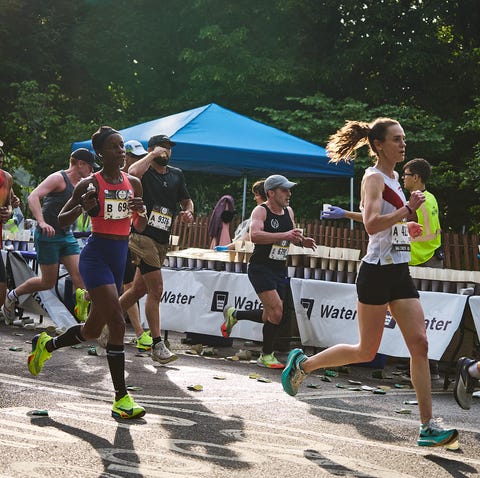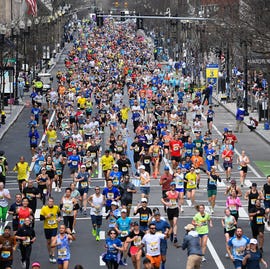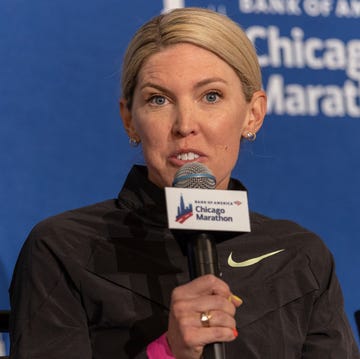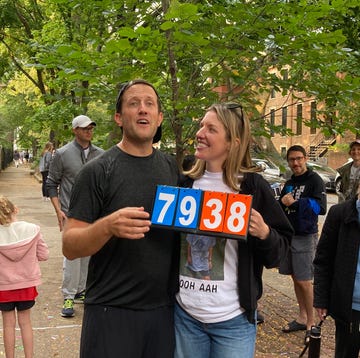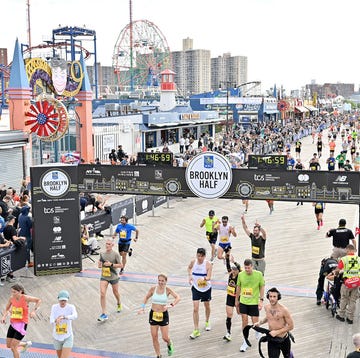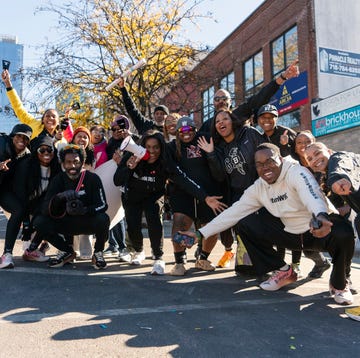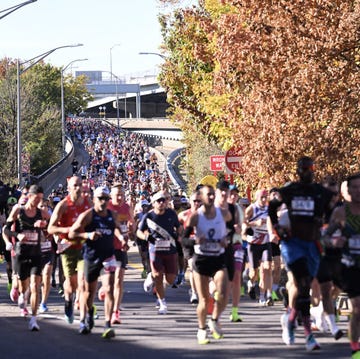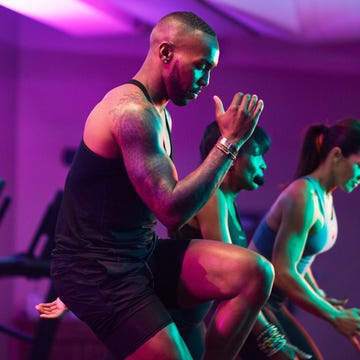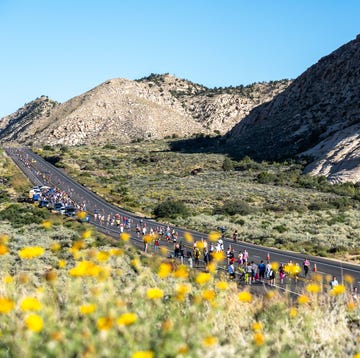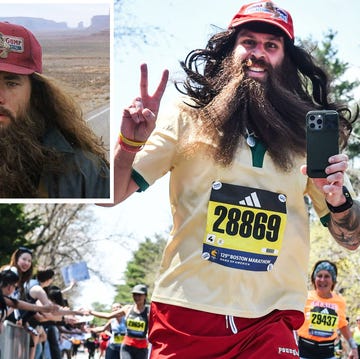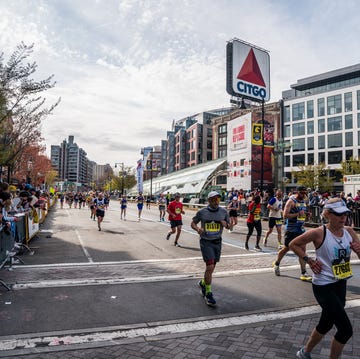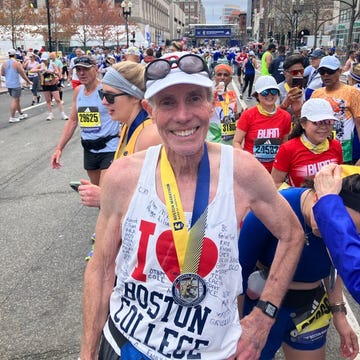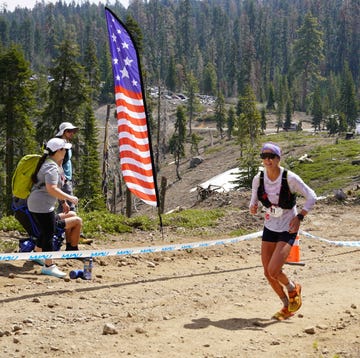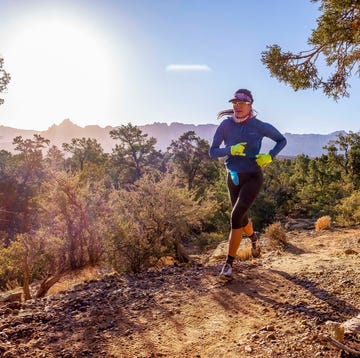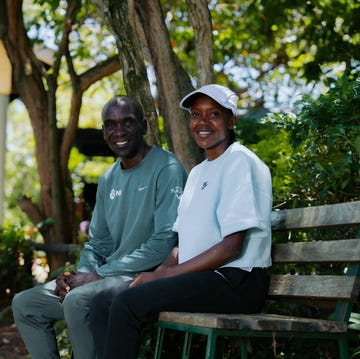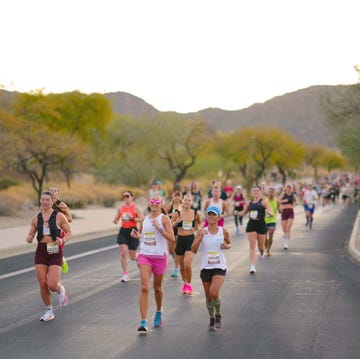Races & Places

Your Race Inspiration: Check Out the Runner’s World 2025 Race Calendar
Your definitive guide to racing this year! Whether you’re looking for a marathon or a half, check out our list of exciting races happening all over the United States.
Dec 12, 2024
Advertisement - Continue Reading Below
Chicago Marathon
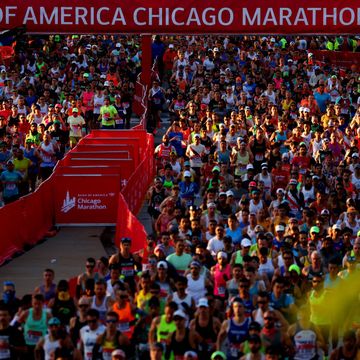
What You Need to Know About the Chicago Marathon

Susanna Sullivan Leads American Women at Chicago
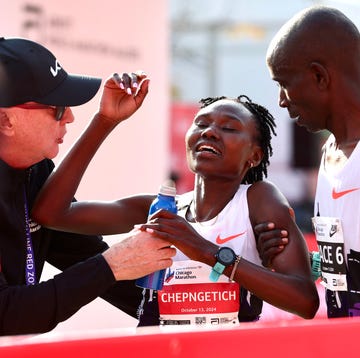
Chepngetich’s World Record: By the Numbers

Top American Men at 2024 Chicago Marathon
Advertisement - Continue Reading Below
New York City Marathon

Zohran Mamdani’s Running History
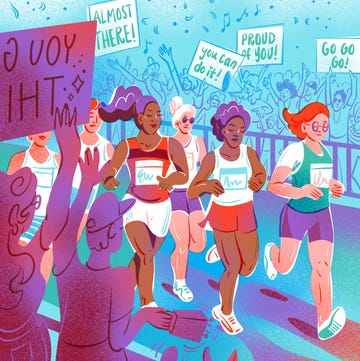
Marathon Spectators Are The Heart of the Race
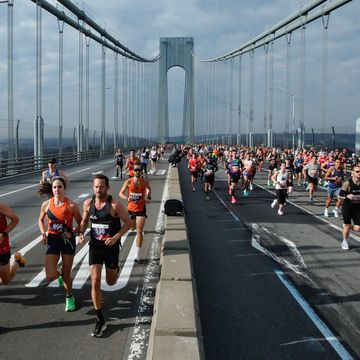
How to Prep for the 2025 NYC Marathon Starting Now

2025 New York City Marathon Drawing Results
Advertisement - Continue Reading Below
